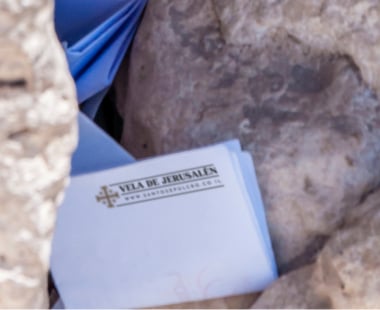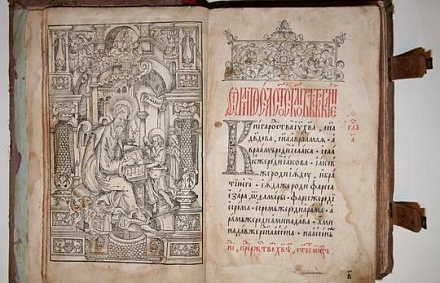Theophylact Bulgarian. Interpretation of the Gospel of Matthew
Matthew 18:18. Truly I say to you: what you bind on earth, that will be bound in heaven; and whatever you permit on earth, that will be permitted in heaven.
If, he says, you, offended, will have, like a publican and a pagan, someone who has treated you unjustly, then he will be such in heaven. If you allow him, that is, forgive him, then he will be forgiven in heaven. For not only what the priests permit is sometimes permitted, but what we, when we are treated unjustly, bind or permit, is also bound or permitted in heaven.
Matthew 18:19. Truly also I say to you that if two of you on earth agree to ask for any deed, then whatever they ask will be for them from My Father in Heaven.
Matthew 18:20. for where two or three are gathered in my name, there I am in their midst.
It brings us into love with these sayings. Having forbidden us to seduce each other, harm and endure harm, now it speaks of agreement with each other. By agreeing is meant those who cooperate with each other, not in evil, but in good, for see what he said: “if two are of you,” that is, believers, virtuous. Both Anna and Caiaphas were in agreement, but on what was blameworthy. After all, it often happens that when we ask, we do not receive this because we do not agree with each other. Didn't say: “I will,” for He does not intend and does not delay, but “I am,” that is, I immediately find myself there. You may think that even if the flesh and spirit come into harmony and the flesh does not lust for the spirit, then the Lord is in the midst. The three forces of the soul also agree - mind, feeling and will. But the Old and New Testaments, they both agree; and Christ is found among them, being preached by both.
Matthew 18:21. Then Peter came to Him and said: Lord! How many times should I forgive my brother who sins against me? up to seven times?
Matthew 18:22. Jesus said to him: I do not say to you: up to seven, but up to seventy times seven.
This is what Peter asks about: if a brother sins, then comes and, repenting, asks for forgiveness, then how many times should I forgive him? He added: if he sins against me. For in the event that someone sins against God, I, a simple person, cannot forgive him, unless I am a priest with a divine order. If the brother sins against me, then I will forgive him, then he will be forgiven, even if I were a private person and not a priest. Said; “Up to seventy times seventy” not to limit the number of forgiveness - it would be strange if someone sat, counting, until it was four hundred and ninety (for so great is seventy seventy), but here it means infinite number. The Lord seemed to say so: no matter how many times someone has sinned repentance, forgive him. This is also indicated by the next parable, that we must be compassionate.
Matthew 19: 1. When Jesus finished these words, he left Galilee and came to the borders of Judea, beyond the Jordanian side.
Matthew 19: 2. Many people followed Him and He healed them there.
The Lord comes to Judea again so that the unbelievers from the inhabitants of Judea have no excuse to justify themselves by the fact that He visited the Galileans more often than they did. So, after the teaching, at the end of the conversation, miracles again follow. For we must both teach and do. However, the foolish Pharisees, while they should have believed in the sight of miracles, tempt Him. Hear:
Matthew 19:13. Then children were brought to Him, that He might lay hands on them and pray; the disciples rebuked them.
Matthew 19:14. But Jesus said: Let the children go and do not hinder them from coming to Me, for such is the Kingdom of Heaven.
Mothers brought children so that their children might receive blessings at the touch of His hands. But women with children approached in disorder and with noise, and therefore the students did not allow them. In addition, the disciples believed that the dignity of their Master could be humiliated by bringing the children up. But Christ, showing that for Him the one who is not deceit, says: 'Let the children in, for such is the Kingdom of Heaven.' He did not say: 'these', but 'such', that is, simple, innocent, not evil. Therefore, if even now Christians come to any teacher, proposing children's questions, then the teacher should not remove them from himself, but must accept them.
Matthew 19:15. And laying his hands on them, he departed from there.




